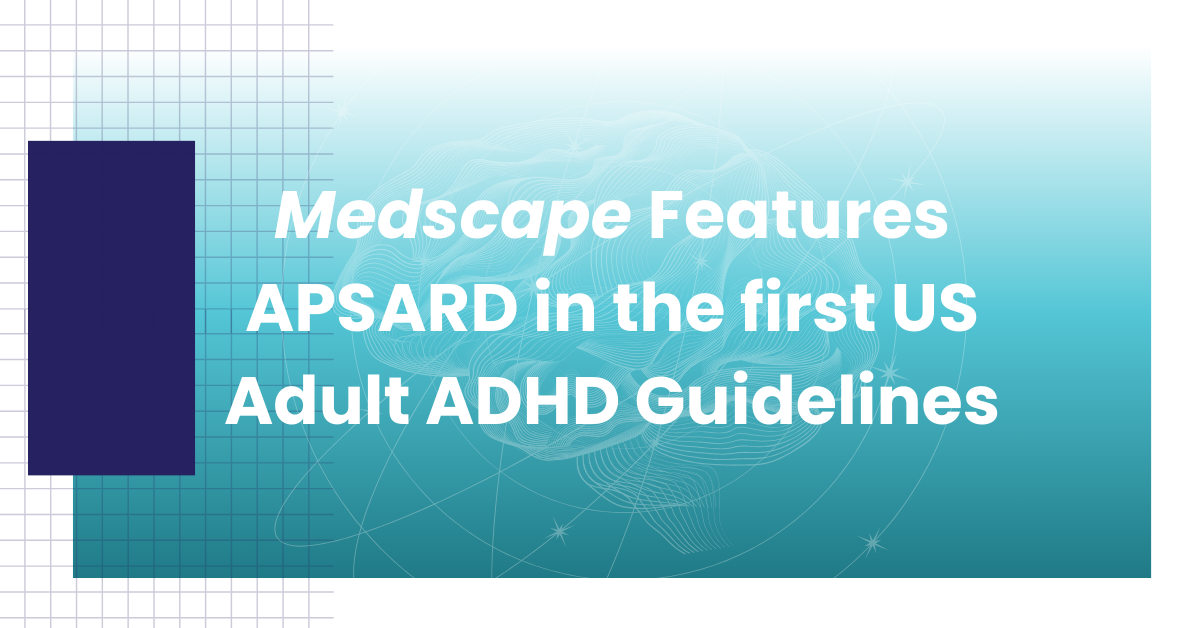
David Pomeroy, M.D.
Physician/Owner at ADD Center of Bellevue
There is an absence of clinical rationale in policies for authorizing medications in treatment of ADHD and excessive burden upon the clinician. These are some examples from my practice:
1- “Long acting meds are simply a convenience for adults”
a. The background for this policy included reference to the January 2000 article in American Family Physician journal, at which time there were no FDA approved long-acting stimulants.
b. Another reference was from 2004, article by Timothy Wilens M.D.; this was after limited experience with only 2 long-acting medications by that time.
c. After supplying documentation from the European consensus statement on treatment for adult ADHD ( 2011) and the guidelines from the Canadian ADD Resource Alliance for treatment of adults with ADHD, this criterion was dropped. However in its place was a requirement that any medication prescribed for adults with ADHD had to be done so by a “mental health specialist”. This included prescribing methylphenidate 5 mg tablets twice daily.
2- Requiring prescriptions for ADHD to be written by or in consultation with a “mental health specialist”. This would require the patient to be seen in consultation by a psychiatrist or psychiatric nurse practitioner.
a. There are not enough of either of those specialists to see all the patients with adult ADHD;
b. Unless someone has particular interest in the field of ADHD, their basic training does not include nearly enough information nor experience to render an opinion on appropriate medication use.
c. A Family Practitioner or internist or pediatrician can acquire the knowledge and training necessary by attending conferences and workshops, especially those presented by professional organizations devoted to the field of ADHD.
3- Limiting the number of capsules per day.
Any of the extended release formulations of stimulants have a wide range in duration of effectiveness in different patients, thus a single XR 30 mg capsule of Adderall may be effective for 10 hours in some patients, or only 6 hours in others. Allowing only a single capsule of XR for someone in whom it is effective for only 6 hours would require 2 or 3 booster doses of IR tablets to cover the entire day. Compliance with such a regimen would be low even in her typical patients; many studies confirm that compliance with t.i.d. dosing of any medication is quite low.
4- In order to advocate for one’s patients, the clinician can appeal the decision, often through a laborious process.
a. Obtaining a copy of the policies used to make the decisions often requires a request in writing, or repeated requests by telephone.
b. Medication history must often be supplied, with dates and dosages and effects of medication; if meds were prescribed by other clinicians in the past, these details are not always available. Regardless, it takes time to dig that information out of any charting system.
c. Often the patient has to designate in writing the clinician as a “authorized representative”.
d. Some denials simply state that the medication does not meet requirements of the formulary, and these must be met before medication can be considered. However which medications are on the formulary are not included in the letter of denial, requiring someone to check a website and sort through formularies, which often differ within a given insurance carrier’s plans.
What steps could APSARD take to address these issues?
1- Publish best practice parameters for the diagnosis and treatment of ADHD in adults. There are no such descriptions of best practices published in the United States.
2- Provide support in the form of information and references for clinicians to cite in the process of appealing decisions. Post marketing studies which establish higher dosages then FDA-approved as being safe and effective such as those by Biederman about OROS methylphenidate.
3- Publish a general statement countering the illogical criteria used in denying medications, such as those above. This could be attached to an appeal and thus provide the weight of a professional organization to the appeal.
4- Maintain a specific forum thread about Prior Authorizations and medication denials, by which members can exchange ideas and strategies on these issues. a. For instance, if the criteria and requiring medication for ADHD be written by a mental health specialist for those over age 19 is not applied to the diagnosis of Major Depression or Generalized Anxiety Disorder; this could be construed to be a discrimination on the basis of diagnosis. Because ADHD is an accepted disability under the Americans with Disabilities Act, such a policy may be in violation of this Act.

